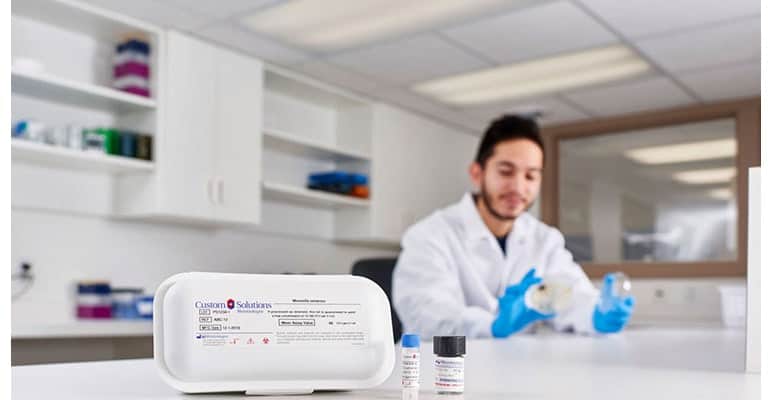Tracking and trending environmental isolates is a growing concern for pharmaceutical companies, since objectionable organisms remain the leading cause of non-sterile product recalls. In this blog we look at the importance of monitoring your environmental isolates, storing them correctly and adding them to your testing schedule.
Objectionable organisms account for around 72% of non-sterile product recalls. An objectionable microorganism is one which can either cause illness or impact the quality of the product.
Failure to properly adhere to FDA/EMA guidelines for tracking and trending objectionable isolates may lead to regulatory observations and warning letters. Therefore, laboratories need to perform risk assessments to decide whether environmental isolates are objectionable based on:
- The intended use of the product: hazard varies according to the route of administration (eye, nose, respiratory tract).
- The nature of the product: does the product support growth? Does it have adequate antimicrobial preservation? What is the shelf life stability?
- The intended recipient of the product: risk level may differ for infants, elderly and immunocompromised users.
You have identified an objectionable organism in your environment. What’s next?
Objectionable organisms should be stored long term for inclusion in periodic efficacy tests to determine the ability of culture media to support growth of the organism and disinfectants/antimicrobial agents to inhibit/destroy the organism. This is the best way to ensure your culture media and cleaning agents are suitable for their intended purposes.
- Growth Promotion Testing
- Disinfectant Challenge Testing
- Antimicrobial Effectiveness Testing
How to preserve your environmental isolates in house?
There are a number of methods available for laboratories to preserve environmental isolates, although some are more effective than others.
- Sub-culturing/refrigeration: this method is not advised for long-term storage due to the increased risk of mutation and contamination.
- Sub-zero freezing: cellular damage can occur due to ice crystals and electrolyte fluctuations. There are also additional costs for the freezer and maintenance.
- Cryogenic freezing: this method reduces the probability of mutation and offers a longer survival rate. However, cryogenic freezing is labour intensive, costly, requires close temperature monitoring and liquid nitrogen poses safety risks.
Microbiologics Custom Solutions – The benefits of outsourcing
Our partner, Microbiologics, offer a turn-key service for environmental isolate management including identification, manufacturing into ready-to-use kits and long-term storage. This frees up technicians’ time for more value-added tasks and gives you peace of mind knowing you are audit ready.
Benefits of the Custom Solutions service include:
- Full genotypic and phenotypic identification
- Strain banking for a minimum of 4 years, free of charge
- Lyophilisation means that you strain can be stored at 2-8°C
- Ready-to-use kits produced from your strain
- Full documentation and traceability
- Cost and time savings
- Peace of mind
Download our Custom Solutions Flyer
For more information on how MSC and Microbiologics Custom Solution service can simplify your environmental isolate management, contact us below:


